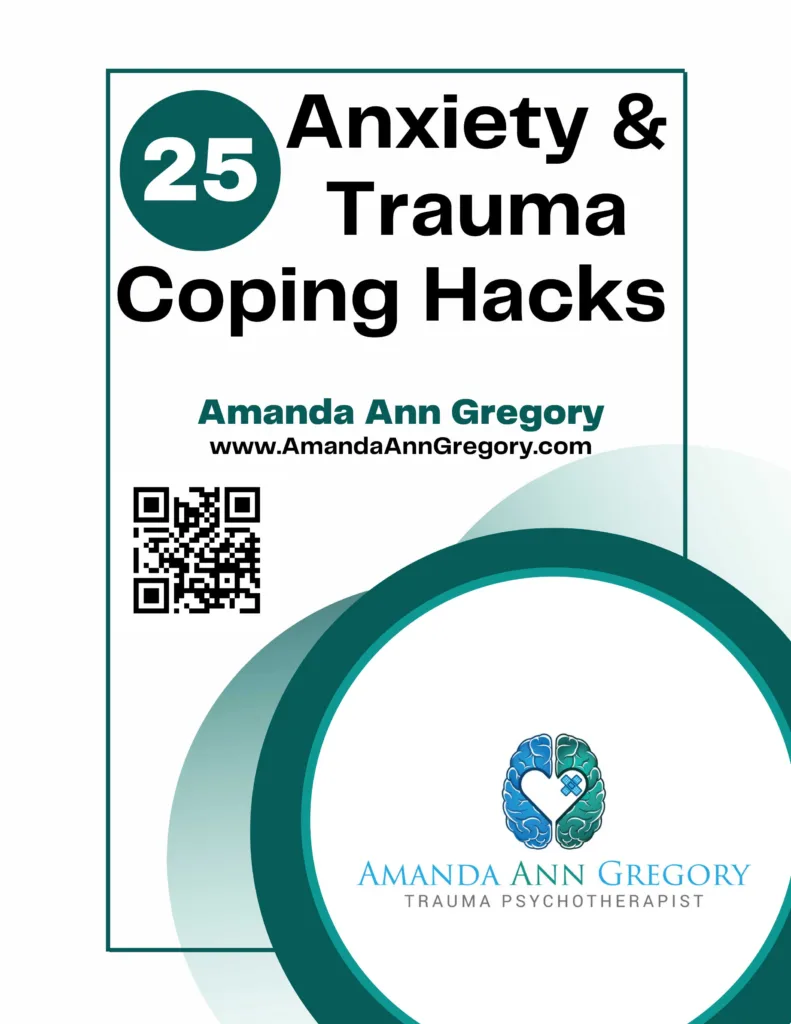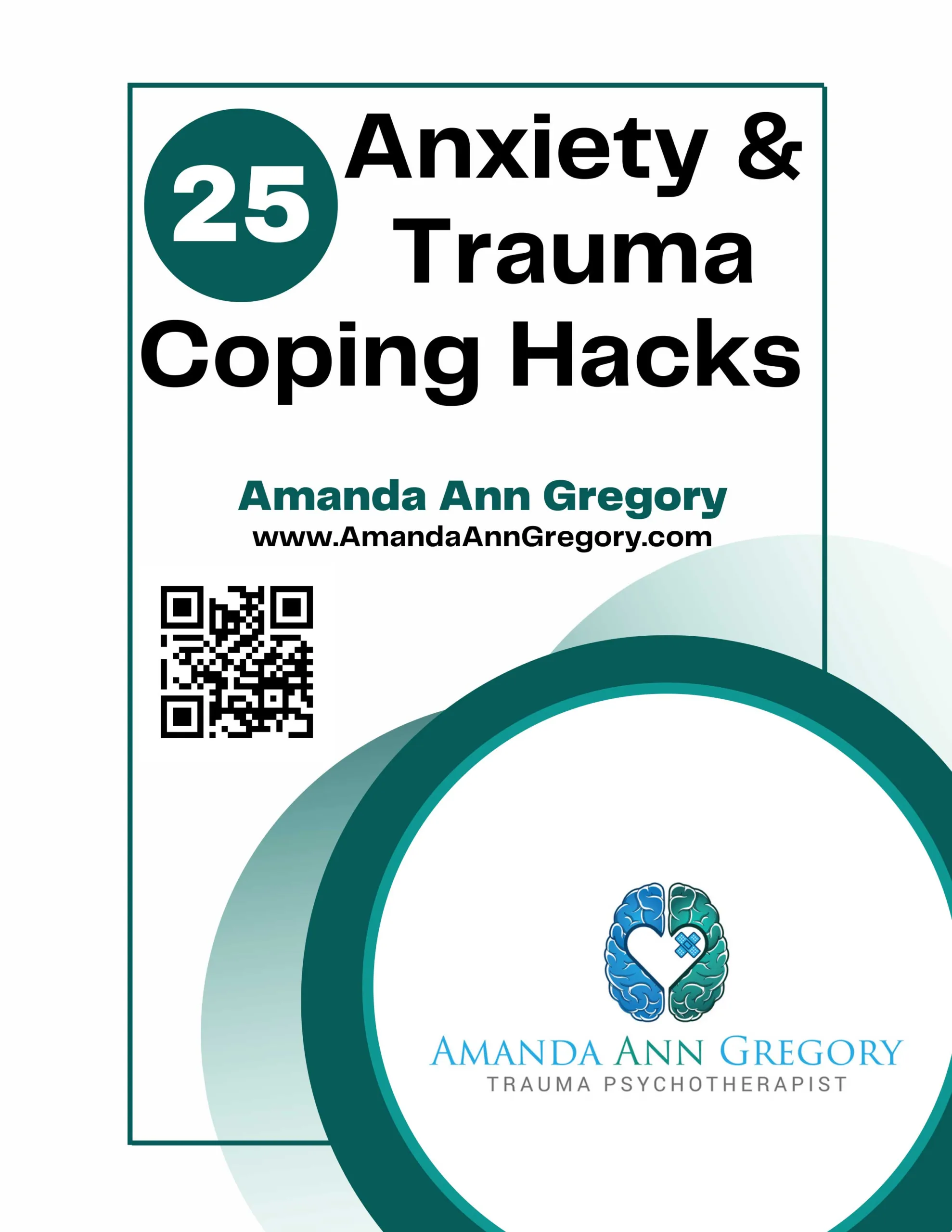Are you participating in individual therapy and are considering inviting a family member, friend, or romantic partner to your therapy session(s)? Are you wondering whether this is a good idea?
I’ve discussed this decision with many of my clients. At times, my clients will determine that it’s a good idea, and other times they discover that it’s not.
Consider these points if you are thinking of inviting a loved one to your therapy session(s):
Yes, if Your Loved One Needs (and is Receptive to Receiving) Education
Your loved one may not know or understand vital information about your mental health. Psychoeducation provided by your therapist can help your loved one to better support and empathize with you. When they are present for certain sessions, I typically educate my clients’ loved ones on the details of the client’s diagnosis, how their symptoms tend to manifest, the impact of trauma and attachment wounds, and effective communication and coping skills. You can also try to provide education to your loved one on your own before you approach your therapist about inviting them to a session. Your therapist can help you explore ways to provide this education.
No, if Your Loved One is Not Safe
Loved ones who are abusive or incapable of supporting your needs usually do not benefit from attending another person’s individual therapy sessions. Your therapist cannot convince your loved one to not be abusive or to work to increase their capabilities in the relationship. Your loved one likely needs to participate in their own individual therapy, and perhaps also couples or family therapy with you, in order to address unsafe dynamics in your relationship. Ask your therapist for referrals.
No, if You Want to Say, “I Told You So.”
Try to avoid involving your therapist in power struggles or dysfunctional dynamics in your relationship. Some clients try to use their therapist as ammunition or as a way to gain the upper hand in relational conflicts. Using your individual therapy in order to try to win an argument with your loved one is not a productive or healthy therapeutic goal, and most therapists will not participate in such dynamics.
Yes, if Your Loved One is Involved (or Wants to Be Involved) in Your Treatment
Perhaps your loved one is already an active participant in your treatment, and it would be helpful for them and for you if they occasionally joined your therapy sessions. This is a tactic that is often used by child therapists when they welcome guardians to sessions in order to provide updates on the child’s progress and address any concerns. Attending your therapy sessions now and then is a good way for your loved one to remain an informed and active participant in your treatment.
Maybe your loved one isn’t involved in your treatment, but they want to be. Perhaps they want to know how they can help and what changes they can make in order to support your mental health, then they would be an ideal candidate to attend your therapy session(s). Participating in a therapy session with your therapist could help your loved one learn how to help you and what changes they can make in order to support the relationship and your mental health.
No, if You Need to Address Issues in Your Relationship
Relationship issues are best addressed in couples or family therapy. Your individual therapist is focused on your specific needs and has built an alliance with you, which can feel unfair or uncomfortable for your loved one. Couples or family therapy can help you better address issues in your relationship.
No, if You Want Your Therapist to Speak for You
Many people have requested that a loved one attend a therapy session due to not wanting to confront or engage in difficult conversations with them. They feel that their therapist would be the perfect person to do this for them. However, it’s best that you work with your therapist to help you to have these conversations on your own, or you can seek the support of a couples’ therapist or family therapist, who can support you as you have these conversations during sessions.
So, should you invite your loved one to your therapy? If so, ask your therapist what they think.
Purchase my book, You Don’t Need to Forgive

Sign up to get your Free eBook: 25 Anxiety & Trauma Coping Hacks

Hire me to speak at your event! Contact Me







A thoughtful question! It’s encouraging to see guidance on involving loved ones while still respecting personal boundaries.